Ancient Hindu Society (In 6 Volumes)
Synopsis
The most interesting characteristic of ancient India was the evolution of a social organism for preserving and protecting the heritage, adapting it to new conditions and transmitting it to posterity. The factors of this organism were bound to each other by the one consideration of service and self-sacrifice. The fighting classes ensured the defence of the cultural citadel of Dharma, developed their resources in its behalf, and shed their blood in its defence. The vast multitude tilled the soil, conducted the carrying trade and shaped nature’s materials to subserve the ends of man. In India they did not, as did similar classes elsewhere, turn themselves into unthinking machines of economic production. They were saved from such a catastrophe by the very system of their daily life, communal and domestic ceremonies, and social institutions. They co-operated in the building of the cultural edifice by sacrificing part of their material resources for the common weal, so as to relieve from working for daily bread the class of people consecrated to culture. Indian culture was the efflorescence of such a social organization. And well was it worthy of such unselfish labour and so much social sacrifice. The first efforts of society were in the direction of perfecting the social organism so that every member would do his duty before thinking of his rights; or rather, do his ordained duty without conditions, without any expectation of reward for himself. The canons of duty were laid down by the highest minds earnestly thirsting for the right, and were considered binding on all alike by society as a whole; and even civil law was holding by these silken strings the minds and bodies of men without any need for a sanction held in threat. Even where there were political democracies, this respect for the aristocracy of talent and character was characteristic of ancient Indian society. The efflorescence of Indian culture was marked in every department of life, and bore remarkable fruit in most cases. First may be mentioned the elaborate educational organization by which the highest results were made accessible to the humblest members of the social organism. Secondly, there was the evolution of forms of polity and the working of political institutions in accordance with the spirit of India without sacrificing local needs or curbing the native instincts of various groups and communities. Thirdly, there was the creation of immortal forms of art, in architecture, sculpture, painting and iconography, and the production of literary masterpieces, including disquisitions on the technique of science and grammar, art and poetics, prosody and music, dramaturgy and aesthetics. Fourthly, there were industrial arts and metallurgy, the scientific background of sociology, and the foundation of philosophical systems and schools of thought. Lastly, and of the highest importance, to crystallize the results by building up systems of dogma, metaphysics, spiritual culture and religious realization. Despite millennia of continual foreign invasions and centuries of foreign domination, Indians have never lost touch with the goal of human life and the canons of cultural architectonics. Nor have they lost sanity of intellect or sense of relative values in assessing and adapting to this end the means that were at any time available or ready to hand. This work offers a panoramic view of the Ancient Hindu Society and is designed to satisfy the need for a comprehensive reference tool. The book represents the works of some of the leading indologists who have extensively researched every component of the ancient life of the Indian people and their heritage.
Read more
288.90
260.01
$
321.00 $
Free delivery Wolrdwidе in 10-18 days
Ships in 1-2 days from New Delhi
Membership for 1 Year $35.00
Get it now and save 10%
Get it now and save 10%
BECOME A MEMBER
Books by the same author

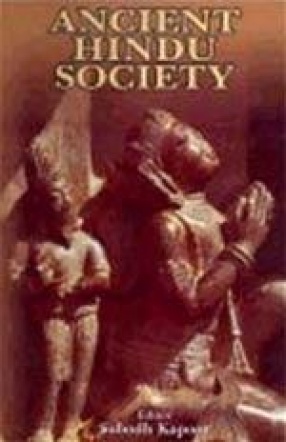
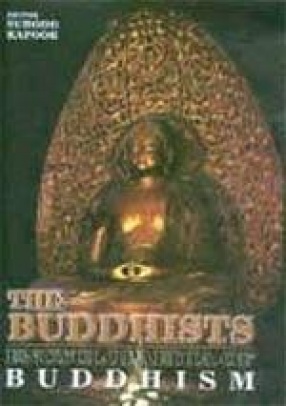
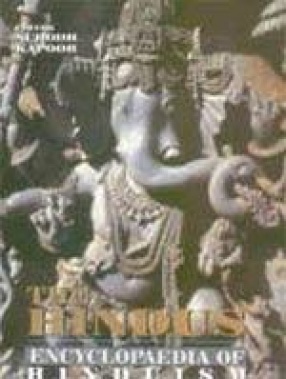
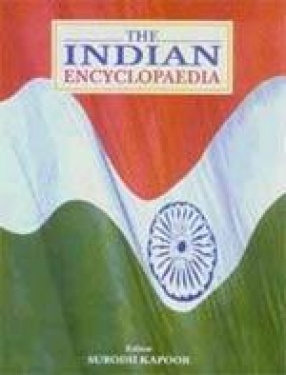
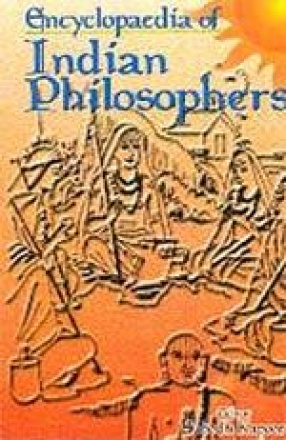
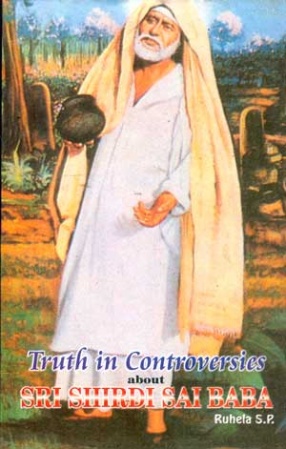

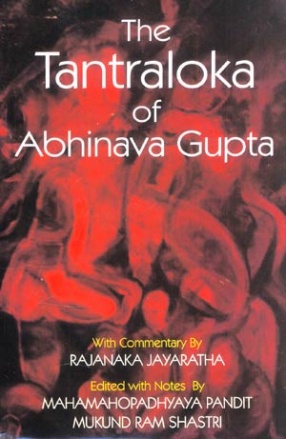


Bibliographic information